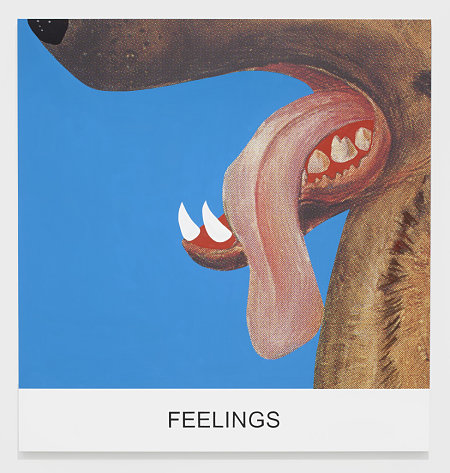
Centralia
-Muriel Rukeyser, The Book of the Dead
I.
Centralia is a town of smoke:
the houses gone, the churches boarded,
the Good Fellows Cemetery left
to the loosestrife, the goutweed, the yellow rattle;
the cracked highway and the boreholes
that emit such smoke as might drift
from a hot mouth on a winter day;
a town of remnant steps and driveways
pocked with dandelion, of vestigial stop signs,
dry hydrants, fences that the smoke ignores.
II.
The fire warms the ground, which
melts the snow: in winter, Centralia
is bare and steaming, is naked
earth and browned and flattened grass.
Filaments of ice like brittle spiders
accrete along the crevices.
The vagrant fox won’t hunt here,
as the voles keep to the snow.
III.
If a chunk of coal kicked by a drill
cut a miner's face, he would not
bleed: coal dust stanched the flow.
These were men with spooky eyes
wide against their blackened skin
who turned the water in their showers black.
Miner's scars are blue: coal
dust in the seam. And when someone
burned his trash in an open pit
above a vein of coal, the vein
began to burn.
In Harrisburg, there wasn't
much to say. Let the fire snuff itself.
Nothing burns underground. (The mines
nearly gutted. A seasick drive there, anyway.)
And at first, it wasn't much: at dusk, a furry
orange glow beyond the cemetery; at noon,
a string of smoke tethering a cloud.
But then cold water started running
hot in all the houses, first at the edge
of town and then throughout. Then
someone's basement filled with poison
gas. And so the government
inspectors came
with counters and devices,
taking notes in legal
pads, calling people neighbor.
Dig a trench around the town, they said,
and someone did, until the funds ran out
and the trench lay half-opened like a mouth
that starts to speak and doesn't.
IV.
And so Centralia burned. When a sinkhole
opened on a miner's son and pulled him in,
even the old ones said it's hell and left.
A group of men pulled the boy out
with a chain. The government
bought all the homes it could
and tore them down. And so Centralia
turned to dust. And so the fly ash
packed into the crevices swirled up like moths
when the wind rolled off the ridge. And so
the Tamaqua coal breaker shut. And so the half-
dug trench. And so the buckled road.
And so the smoke.
